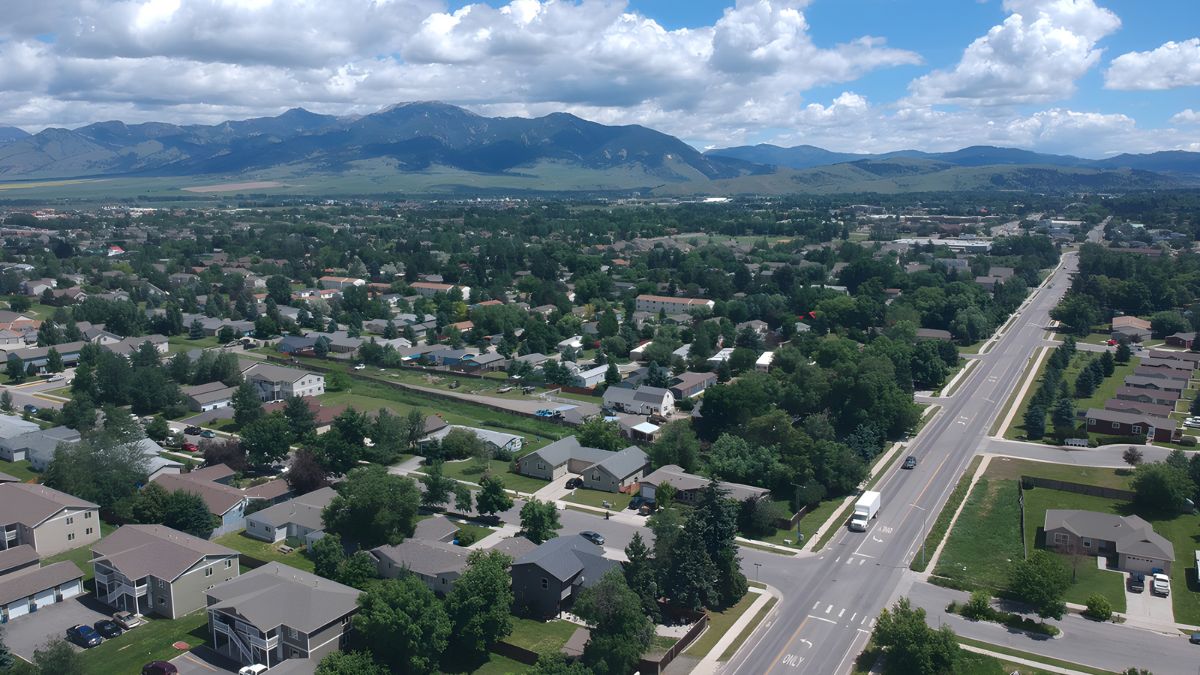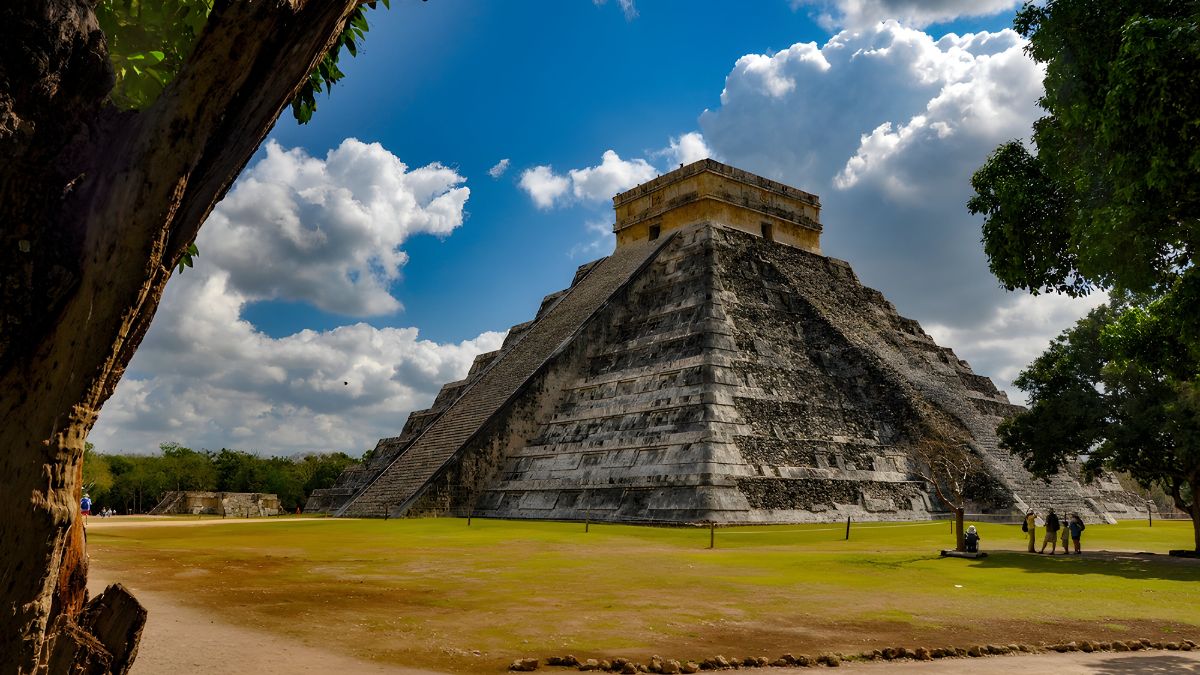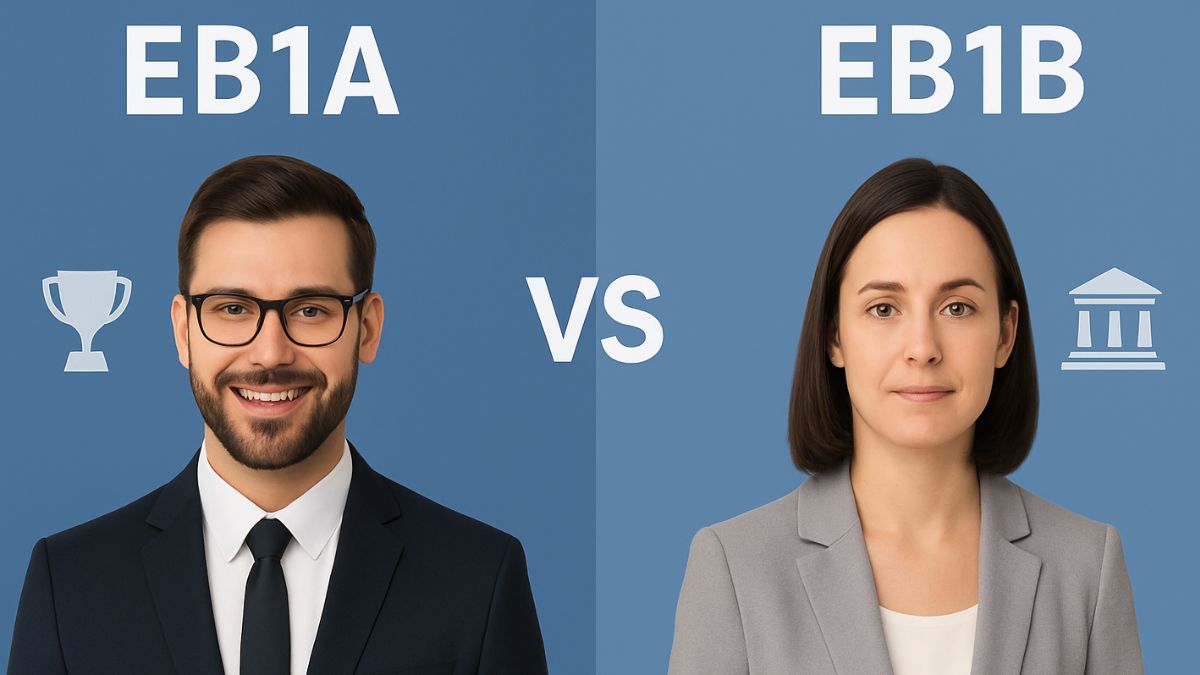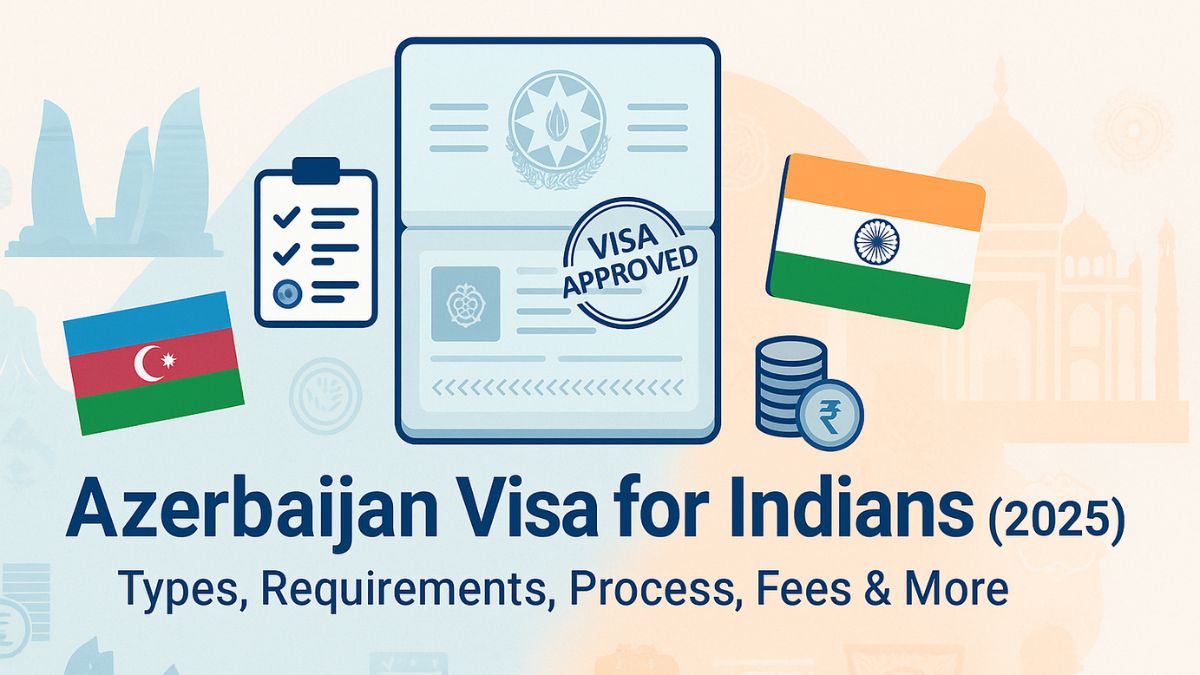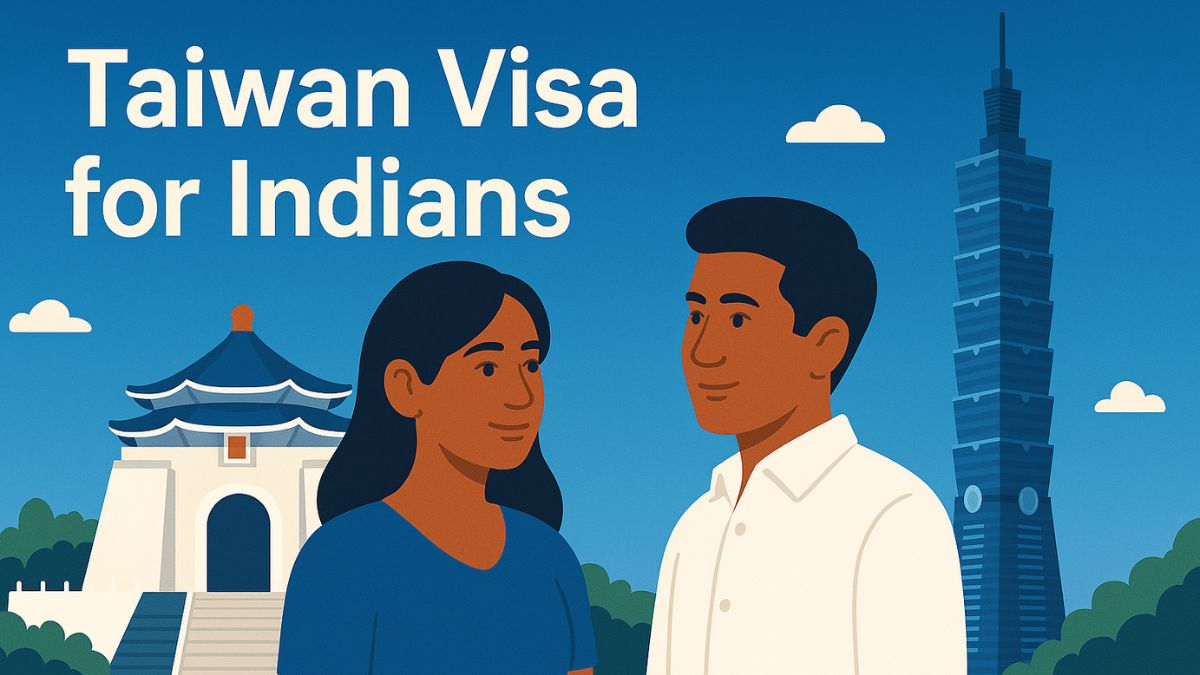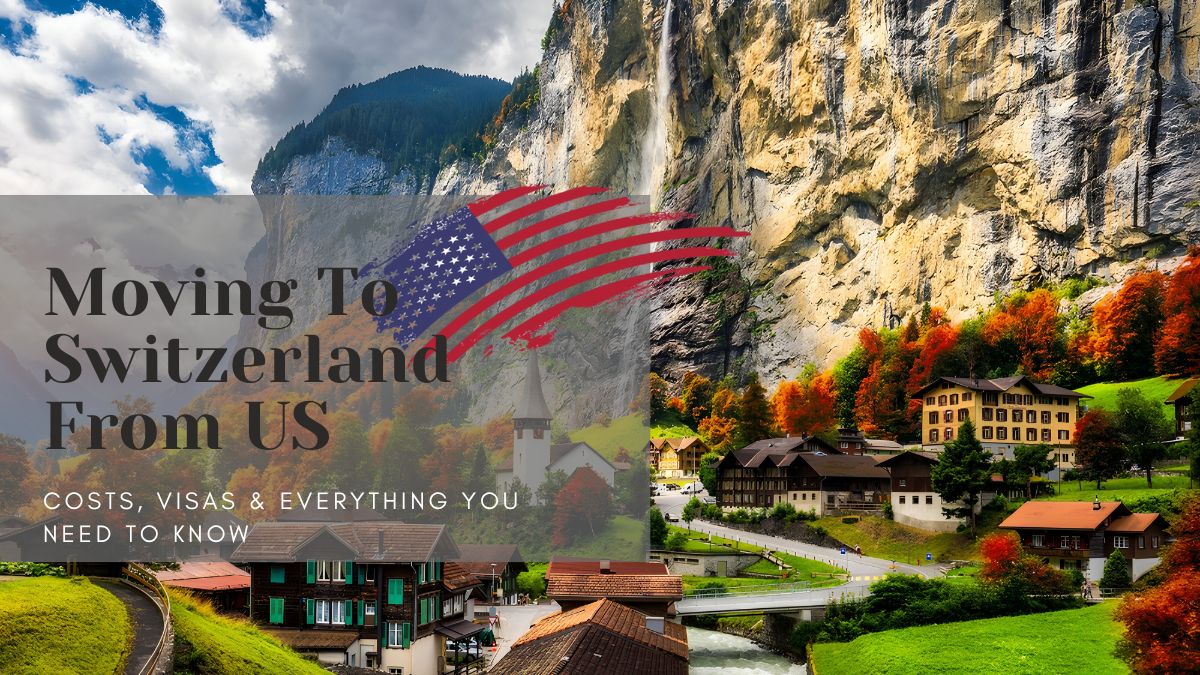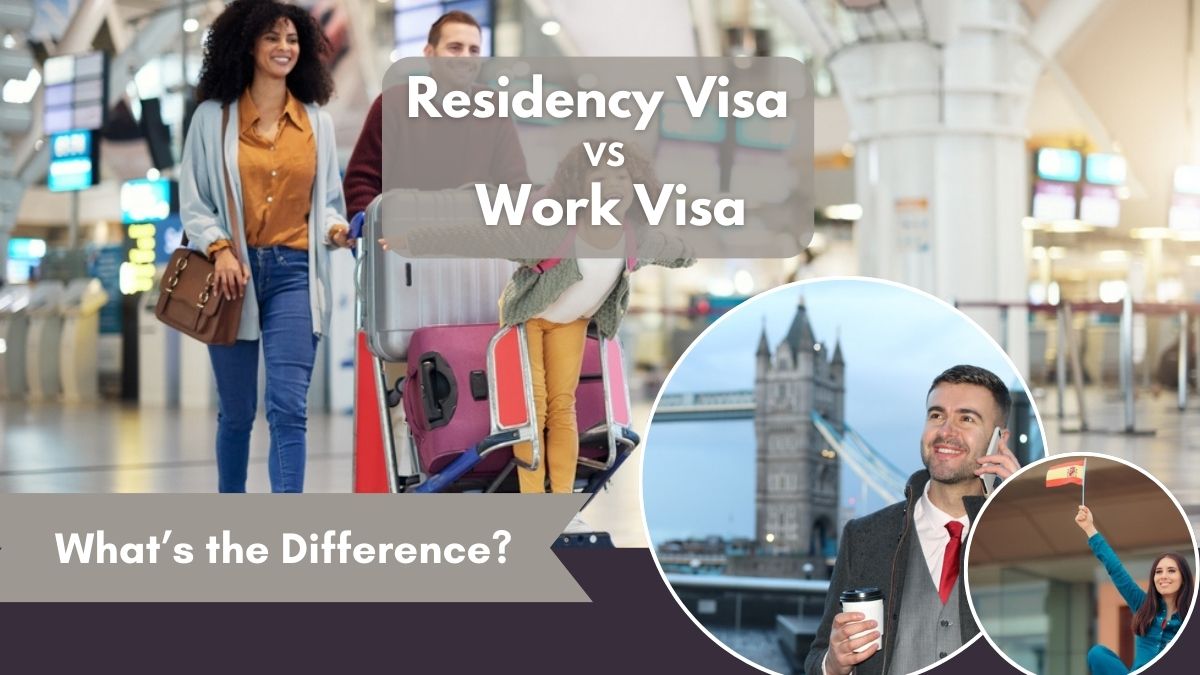
- May 25, 2025
- Heisenberg
- 0
So, you’ve been dreaming of working in the United States. Maybe it’s the booming tech industry calling your name. Or perhaps you’re drawn to the seasonal jobs in the vibrant hospitality or construction sectors. Either way, if you’re a foreign national considering a U.S. work visa, you’ve probably come across the debate: H1B vs H2B—and you’re wondering, what’s the difference, and which one actually fits your situation?
Let’s be honest—immigration paperwork can feel overwhelming. One government form leads to another, and suddenly you’re knee-deep in acronyms like USCIS, LCA, and DHS. Not fun. But the good news? You’re not alone, and it’s not as confusing as it looks.
In this guide, we’ll break it down in plain English. We’ll compare the H1B vs H2B visas in terms of eligibility, job types, duration, and even your future immigration prospects. We’ll also talk about who these visas are really meant for—so you can make an informed, confident decision.
Table of Contents
ToggleH1B vs H2B: What Are They?
Both the H1B and H2B visas fall under the U.S. non-immigrant work visa category. That means you’re entering the country temporarily for work, not to immigrate permanently. But that’s about where the similarities end.
H1B Visa: For the Brainiacs
The H1B visa is designed for skilled professionals. Think software engineers, architects, professors, financial analysts—jobs that usually require a bachelor’s degree or higher.
Who it’s for: People with specialized knowledge and a U.S. job offer.
Typical sectors: Tech, finance, education, healthcare.
Duration: Initially up to 3 years, extendable to 6 years.
Quota: 85,000 visas per year (65,000 for regular applicants, 20,000 for those with U.S. master’s degrees).
If you’ve got a STEM degree or specialized expertise, this is your golden ticket.

H2B Visa: For the Doers
The H2B visa is for temporary non-agricultural jobs. That means work that isn’t farming-related, like hospitality, landscaping, construction, or carnival work.
Who it’s for: Seasonal or peak-load workers with a U.S. job offer.
Typical sectors: Hotels, resorts, amusement parks, landscaping companies.
Duration: Up to 3 years.
Quota: 66,000 visas per year (33,000 for each half of the fiscal year).
It’s more physical, hands-on work—but it opens a door many otherwise wouldn’t have.

Key Differences Between H1B and H2B Visas
Let’s zoom in on what really separates these two types of U.S. work visas.
| Factor | H1B Visa | H2B Visa |
| Job Type | Specialized, degree-required | Non-agricultural, often seasonal |
| Education Required | Bachelor’s or higher | No degree needed |
| Common Industries | IT, engineering, finance, healthcare | Hospitality, construction, landscaping |
| Visa Duration | Up to 6 years | Up to 3 years (with extensions) |
| Annual Cap | 85,000 | 66,000 |
| Path to Green Card | Yes, dual intent allowed | Not directly |
| Employer Requirements | Must prove job requires degree-level skill | Must prove job is temporary & no U.S. workers available |
Both visas require employer sponsorship. No sponsor, no visa.
Can I Switch from H2B to H1B?
Technically, yes. If you’re in the U.S. on an H2B visa and you later get a job offer that qualifies for an H1B, you can apply to change your status. But here’s the catch: you’d still have to go through the H1B lottery process. So it’s not a guaranteed path, but it’s a possible one.
Which U.S. Work Visa Is Right for You?
Choosing between H1B vs H2B isn’t just about qualifications—it’s about your long-term goals.
Want to settle down in the U.S., maybe even get a green card someday? H1B might be the better fit.
Need a job that doesn’t require a degree but offers a decent income and U.S. experience? H2B is worth exploring.
Here’s a way to think about it:
If your job is on a computer or in a lab, lean H1B. If your job involves hard hats or hospitality, H2B might be more your speed.
Other U.S. Work Visas You Should Know About
While we’re at it, let’s list all the major work visa types you might come across. Because H1B vs H2B is just the beginning.
H Series (Temporary Workers)
- H1B – Specialty occupations
- H1B1 – For citizens of Chile and Singapore
- H2A – Temporary agricultural workers
- H2B – Temporary non-agricultural workers
- H3 – Trainee or special education visitors
L Series (Intra-Company Transfers)
- L1A – Managers and executives
- L1B – Workers with specialized knowledge
O Series (Extraordinary Ability)
- O1 – Individuals with extraordinary ability in sciences, arts, education, business, or athletics
P Series (Performers and Athletes)
- P1 – Internationally recognized athletes or entertainers
- P2 – Artists under a reciprocal exchange program
- P3 – Culturally unique artists or entertainers
R Series (Religious Workers)
- R1 – Religious workers
TN Visa (for NAFTA countries)
- TN – For Canadian and Mexican citizens under USMCA (formerly NAFTA)
Each of these visas has its own quirks, rules, and eligibility criteria. Some even overlap in surprising ways.
Myths You Should Ignore
“H2B is a pathway to a green card.”
False. Unlike H1B, the H2B visa doesn’t support “dual intent.” You’re expected to leave when your job is over, and applying for a green card can cause issues during future visa renewals USCIS.
“H1B jobs are only in tech.”
Nope. While tech dominates H1B usage, fields like finance, healthcare, architecture, and education also rely heavily on this visa.
“Anyone can apply for either visa.”
Wrong again. You must have a U.S. employer sponsor you. There’s no applying on your own—no matter how qualified you are.
The Truth About H1B vs H2B: It’s Not About Better or Worse
It’s about fit.
One visa isn’t better than the other. It’s about what you bring to the table and where you’re trying to go.
The H1B is about expertise, education, and long-term vision.
The H2B is about opportunity, access, and short-term employment.
What they both share is this: a chance. A door into the U.S. job market. An experience that can shape your career, your worldview, and maybe your entire life.
Conclusion
Choosing between the H1B vs H2B visa is one of the most important decisions you’ll make if you’re planning to work in the United States. Whether you’re coding from a laptop or landscaping a resort, your contribution matters. And the right visa can help you make it happen.
Still unsure? That’s okay. U.S. immigration law is complicated, and the right move depends on your unique background and goals.
And when in doubt—start with solid, up-to-date information.
At Get Visa Info, we cover everything from work visas to travel, immigration, food, and beyond. We’re your guide to global living.



